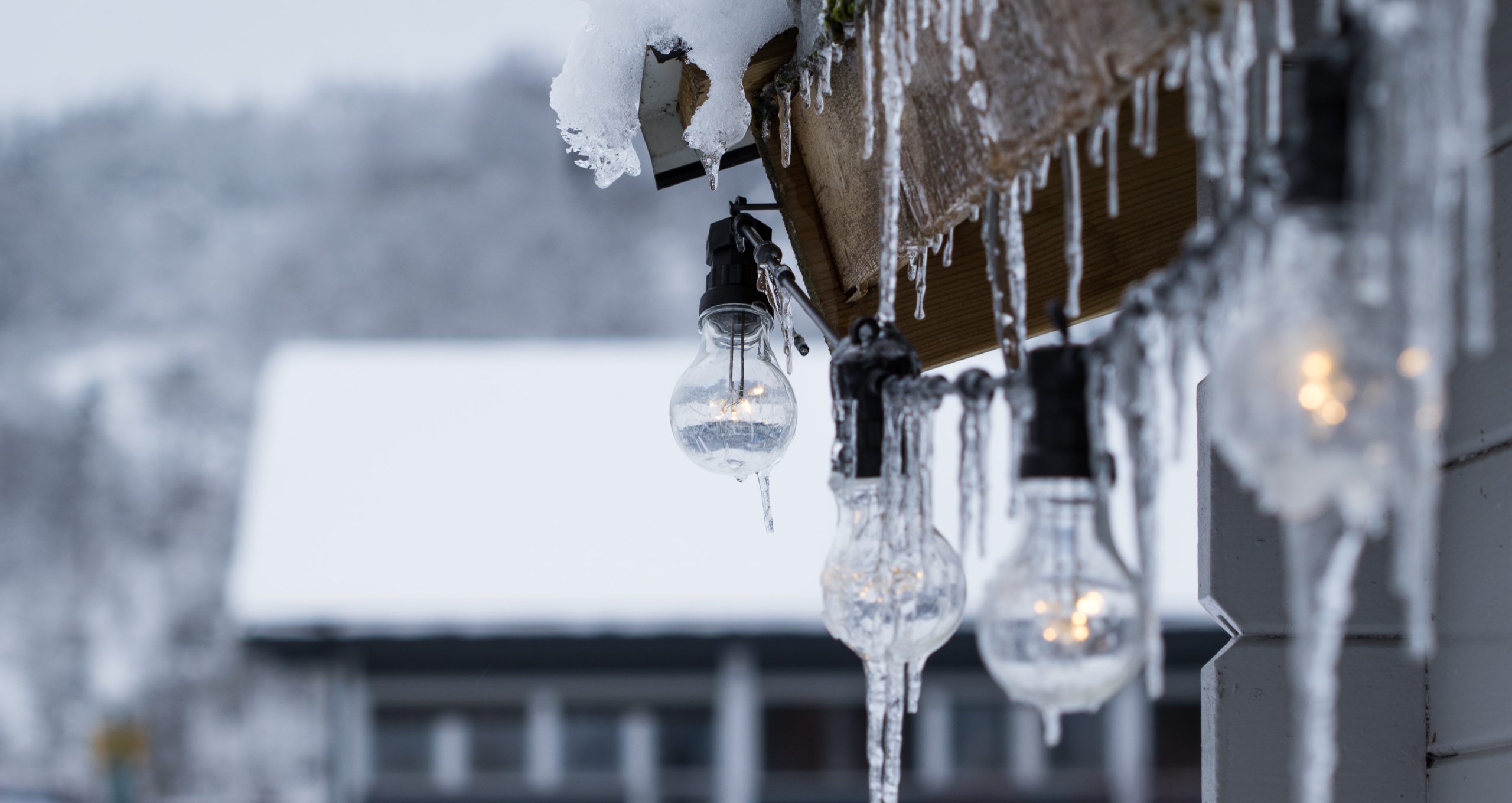By Donna Mischke, Director of Family Services at Concierge Care Advisors
Emergency Preparedness for Caregivers of Dementia and Alzheimer’s Patients
As extreme weather conditions continue to impact the United States, it’s a timely reminder of the importance of emergency preparedness—especially for those caring for loved ones with dementia or Alzheimer’s. Whether it’s record-breaking cold, snowstorms, or power outages, caregivers must be ready for the unexpected.
Natural disasters can strike with little warning, forcing families to either shelter in place without power or evacuate quickly. This reality makes emergency planning critical—especially when a loved one’s safety and cognitive needs require extra attention.
Basic Emergency Preparedness for All Households
Every family should have a disaster plan and emergency kit in place to meet their needs for at least 3 to 7 days. Here’s a list of essential supplies to include in your emergency kit:
- Drinking water (1 gallon per person, per day)
- Nonperishable foods and a manual can opener
- Flashlights, lanterns, and extra batteries
- First aid kit and essential medications
- Sanitation supplies (soap, toilet paper, disinfectants, trash bags)
- Battery-operated or crank-powered radio for updates
- Warm clothing, blankets, and dry shoes
- Pet food and supplies if you have pets
However, if you’re caring for someone with cognitive impairment, you’ll need to take additional precautions to ensure their safety and comfort during an emergency.
Special Considerations for Dementia and Alzheimer’s Caregivers
The National Institute on Aging recommends packing a separate emergency kit for loved ones with dementia or Alzheimer’s. Here are some key items to include:
- Copies of medical, legal, and insurance information in waterproof bags
- A recent photo of your loved one in case they become lost
- Family and physician contact information
- Emergency ID bracelets (if not already worn)
- Nutritious snacks and drinks to maintain their energy
- Incontinence supplies, wipes, and soothing lotions
- Comfort items (like a favorite blanket, stuffed animal, or baby doll)
- A change of clothes, supportive shoes, and any sensory aids
- Medications with clear instructions for dosing and administration
This kit can be stored in a backpack or small travel bag for easy access. In the event of an emergency, you’ll be ready whether you need to shelter in place or evacuate.
Creating a Disaster Plan for Dementia Patients
If you are caring for a loved one with dementia or Alzheimer’s, it’s essential to create a separate plan to ensure their safety in emergencies. Cognitive impairments can increase anxiety and confusion, so having one family member stay close by during a crisis is ideal. Here’s how to get started:
- Develop a Shelter-in-Place Plan
If staying home is the safest option, ensure you have enough supplies, including medications, for several days. Prepare to address any confusion or agitation your loved one may experience due to disruptions in routine. - Create an Evacuation Plan
Identify several safe evacuation routes and potential shelters or hotels nearby that accommodate seniors with cognitive needs. Pack everything you might need in case of a sudden evacuation, and keep essential documents ready. - Practice the Plan
Practice evacuation procedures with the whole family, including your loved one with dementia, so everyone knows their role. Familiarity can help reduce stress if an actual emergency occurs. - Sign Up for Emergency Alerts
Stay informed by subscribing to local and national alerts about weather events or other emergencies. Knowing what’s coming allows you to act swiftly.
Preparedness During a Pandemic & Other Health Emergencies
The COVID-19 pandemic highlighted the importance of being prepared. Supplies like face masks, hand sanitizer, and disinfecting wipes should be added to your emergency kit. Additionally, ensure that any shelters or lodging you plan to use are following current safety protocols.
Supporting Cognitive Health in Emergencies
During a disaster, your loved one with dementia may experience increased anxiety or confusion. Providing comfort items and maintaining a calm environment can help. If a caregiver needs to delegate responsibility, having written instructions and emergency contacts readily available will ensure seamless care.
Final Thoughts: Plan Today, Stay Safe Tomorrow
While no one can predict a natural disaster, planning ahead can make all the difference. Tailoring your emergency preparations to meet the specific needs of your family—and especially those with cognitive challenges—will ensure everyone stays safe and secure.
If you’re caring for a loved one with Alzheimer’s or dementia, be proactive. Make a plan, pack your kits, and practice your response with the whole family. Whether it’s forest fires, hurricanes, snowstorms, or other emergencies, you’ll be ready to act confidently when the time comes.
Our Concierge Care Advisors can also help you navigate care options or plan for emergencies. Contact us today at 1-855-444-7364 or visit Concierge Care Advisors to speak with an expert who can guide you through the process and ensure your family is prepared for any situation.

























